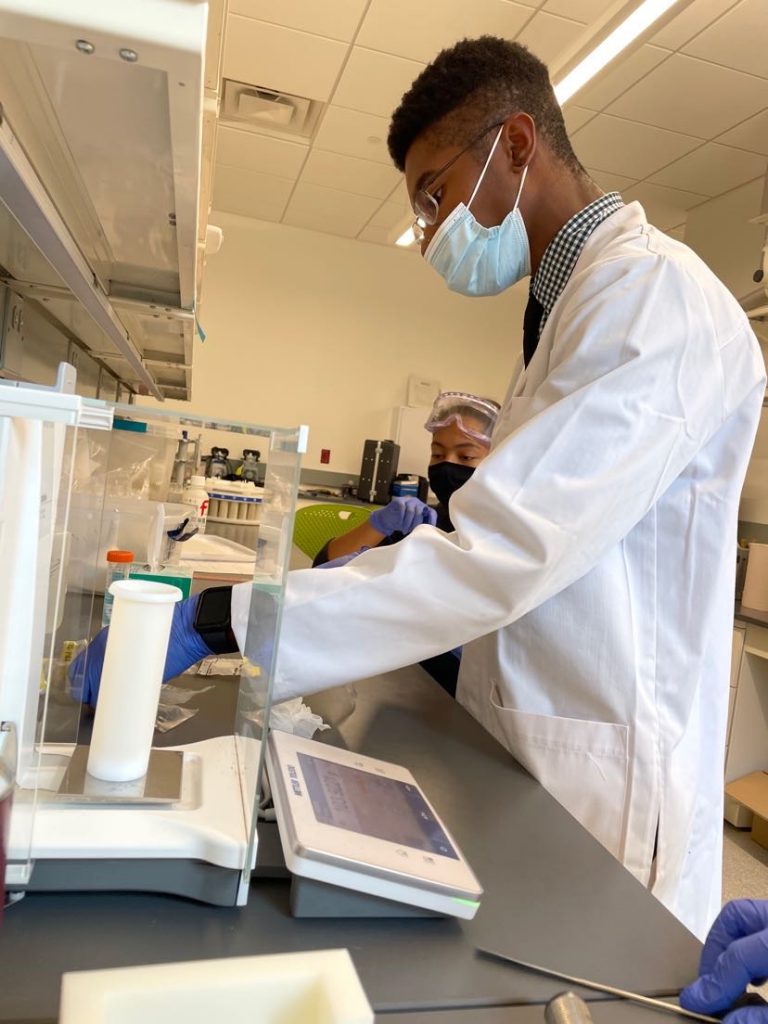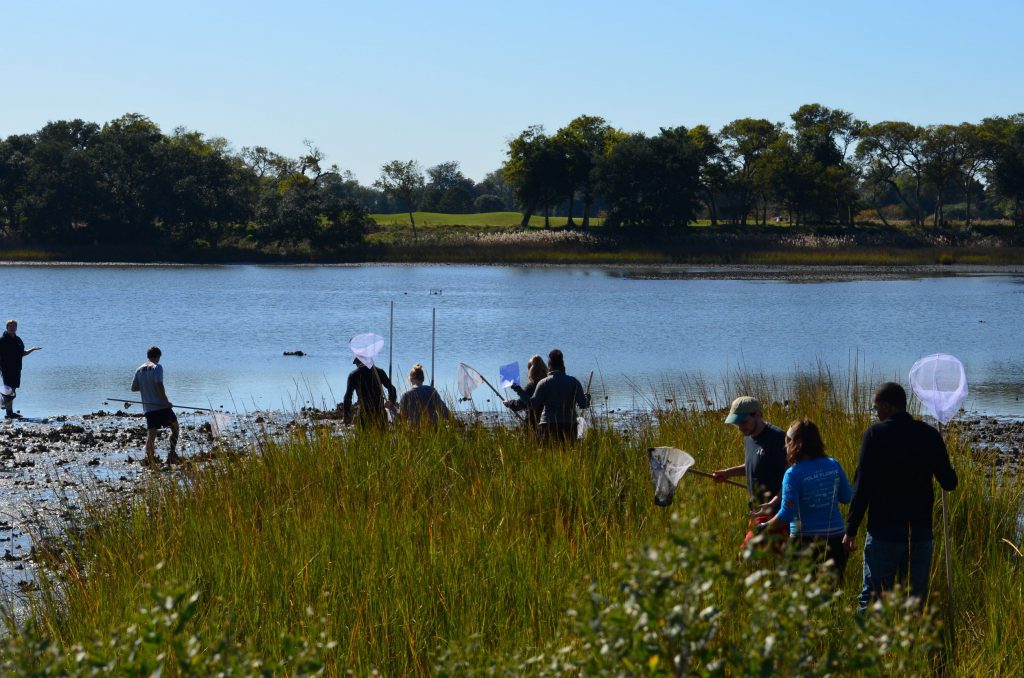This past fall, the Earth and Environmental Sciences Department sent out a call for students to submit proposals for grants. The proposal for these grants included five parts: the application, narrative, budget, references and letters of support. Each applicant was required to fill out the form.
Each year there is one faculty member who is available to students to help advise them as they fill out their application. This fall, that faculty member was Professor of Ocean and Atmospheric Studies, Dr. Elizabeth Malcolm.
When asked about the application process, Dr. Malcolm said, “After the students apply, I take the students’ names off of it so it’s anonymous and then I forward it to the committee which is made up of students and faculty. They read, discuss and decide which ones to fund and whether to fund in the full amount or not.”
This past fall the Department was able to award up to $2,000 and after receiving two applications both grants were approved and awarded out.
One of those grants awarded was headed up by senior Juwon Seaborne. His goal with this grant is to create green spaces around campus. “I’ll be incorporating plants on campus, and they will be called green spaces. The goal of these is to make the spaces welcoming to students, where they can sit and feel relaxed and calm.” Seaborne said.

Seaborne standing inside Greer.
He also added that it can help with students who may have ADHD, or suffer from depression and anxiety. When asked why he wanted to do this he mentioned how there weren’t that many places indoor on campus that had plants. “I think the library is the only place inside where there are plants, I think it would give a nice image of greenery.”
Dr. Malcolm commented on his project stating, “For Juwon, he is going to pick out the plants, tell us how much it is going to cost and then I will have to send the purchase request to the business office.” Seaborn’s grant total is up to $690.85.
The second grant allotted by the Earth and Environmental Sciences Department was one directed towards improving recycling efforts on campus awarded to juniors Holly Hatter and Emily Petsko and freshman Jessica Wilson.
“Since our freshman year, we’ve always done waste management and recycling, we always took data on recycling, how much waste the school was producing. We never really did anything to try to improve our recycling to waste ratios. So we decided to try and figure out ways we can fix the numbers on campus,” Hatter said.
Hatter and Petsko are “Campus Race to Zero Waste” coordinators, an eight week competition between schools and universities between the US and Canada. The goal is to throw away the least amount of garbage per person and then to see who can recycle the most per person.

“We’re doing that competition right now, so we get to actually see the data each week. So we just thought if there is a way we could improve it at school, we might as well try with a grant,” Petsko said. Hatter also said that they want to get more students from different majors and different interests involved. She said, “The grant kind of helped us open up more possibilities to do that with fundraising money that we may not have been able to do.”
Wilson said, “One of the main things with our grant is we’re gonna be buying more recycling bins across campus, because we kind of saw one of the main obstacles for recycling is just convenience.”
In the fall they did a survey and out of all the students surveyed they found that 64.3% students believed that recycling was not convenient on campus. She also said, “I’ve heard in the dorm halls that there was only one recycling bin and three trash bins, so that’s the main thing we’re gonna tackle with the grant money we received.”
Wilson also added that they are also hoping to use some of the money from the grant to improve not just the recycling efforts on campus but also education of recycling among students. In the fall they are hoping to do a Sustainable Art Competition where students from any major can design a sculpture made from recycled materials and the winner will have their sculpture displayed on campus.
For Wilson, Hatter and Petsko, their grant total is up to $800.
By: Colette Kearney
cmkearney@vwu.edu


